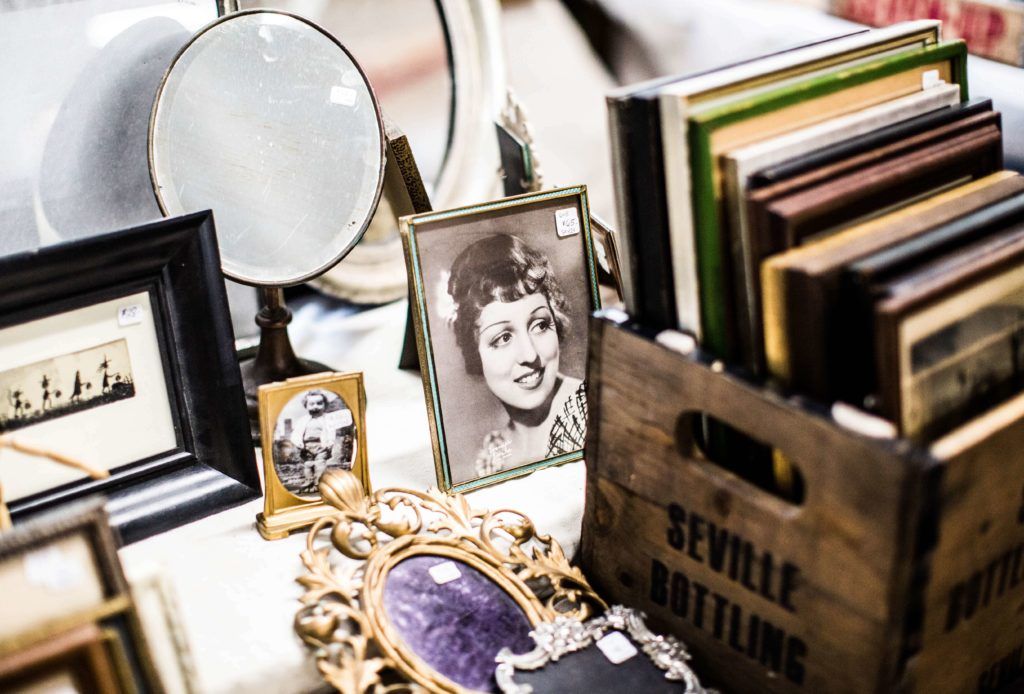Many people are passionate about their collections, both the financially valuable (art or stamps) and the sentimentally valuable (mementos and postcards). If you have a collection—no matter its monetary value—you’ll want to include your treasures in your estate plan. Make arrangements in advance to ensure that the collection is handled in the way you want, and make sure its monetary value, if any, is maximized. Here are some steps that can help you make sure your wishes are followed:
- Collect relevant documentation. Create a catalog describing each piece, including photographs, bills of sale, and appraisals. If an insurance policy covers some or all of your collection, keep the policy with your important documents.
- Discuss your collection with your loved ones. You may love your collection and you may assume that others either recognize your love or share it. If you haven’t discussed your feelings about the collection at length, these assumptions may not be correct. If your family members don’t understand or share your love, try to understand their perspective. Talk with them to ensure that your estate plan minimizes the burden your family could face in dealing with the collection when you pass away. But you’ll also want to find out if anyone would like to inherit certain pieces or the collection as a whole. If more than one person would like to receive certain items, arrange a solution in advance to avoid conflict later.
- Pass it on to loved ones. If you do pass the collection on to your loved ones, consider giving them your permission to sell or donate it. If a beneficiary wants to keep the collection, you may want to provide a cash gift to help with the costs of maintaining it. If the collection is one of your more valuable assets, take steps to ensure that other beneficiaries receive an equivalent inheritance, like a life insurance policy. You might also transfer your entire collection to a trust or a limited liability company that could manage the collection for the benefit of multiple generations.
- Donate your collection to a museum or charity. Check with the organization to make sure that it is able to handle housing or selling your items, both of which may be more expensive than you expect. The organization may request a donation of cash to offset these costs. Keep in mind that only a donation to a public charity may be tax-deductible by your estate.
- Sell the collection. If you want or expect your family to sell your collection, you can help them and minimize delays if you provide the names of dealers or auction companies that specialize in your items, as this type of information can be hard for others to find. In addition, appoint an executor who understands the collection and its value. This can prevent it from being sold for too little.
- Consider the tax implications. The Taxpayer Relief Act of 1997 lowered the maximum capital gains rate on gains from the sale of most assets to 20 percent but left the maximum rate on gains from the sale of collectibles at 28 percent. If you pass your collection on to someone, that person will have a tax basis in the property based on the value on the date of your death. This will be used to determine the amount of taxable gain and income tax the beneficiary must pay if he or she eventually sells the items in the collection. If your collection has increased in value over time, your beneficiary’s tax bill will be lower if you wait until your death to gift the collection to them rather than making a lifetime gift; their basis would be the amount you originally paid, which increases the taxable gain. On the other hand, if the collection has not increased in value, you could consider taking advantage of the annual or lifetime gift tax exclusions to gift your collection outright while you are alive.
- Make sure it is properly valued. Appraisals can help you determine the value of the collection. You want to ensure that your items are not sold for a price below their actual worth or donated because your beneficiaries don’t understand their true value. Also, it will help you provide equitable gifts to your beneficiaries and choose the timing for these gifts.
Under federal tax laws, if the value of your collection exceeds a certain level, the estate must obtain an official appraisal for valuation purposes that will provide a value as of the date of your death. If the collectibles have marked artistic or intrinsic value of a total value in excess of $3,000 (e.g., jewelry, furs, silverware, paintings, etchings, engravings, antiques, books, statuary, vases, oriental rugs, coin or stamp collections), the appraisal of an expert or experts, under oath, shall be filed with the estate tax return along with a statement by the executor that the list of collectibles is complete and the appraiser(s) are qualified.
We Can Help You Design a Plan for Your Special Collection
Your collection likely means a lot to you. It also adds complexity to your estate plan. We can help you develop a plan to ensure your collection will be handled according to your wishes, even after you pass away. Contact us today to schedule a meeting. We can also consult with you by phone or videoconference if you prefer.
You can schedule a call with us or reach us directly at 855.528.9637 to learn more about how best to plan today to protect those most important to you.








